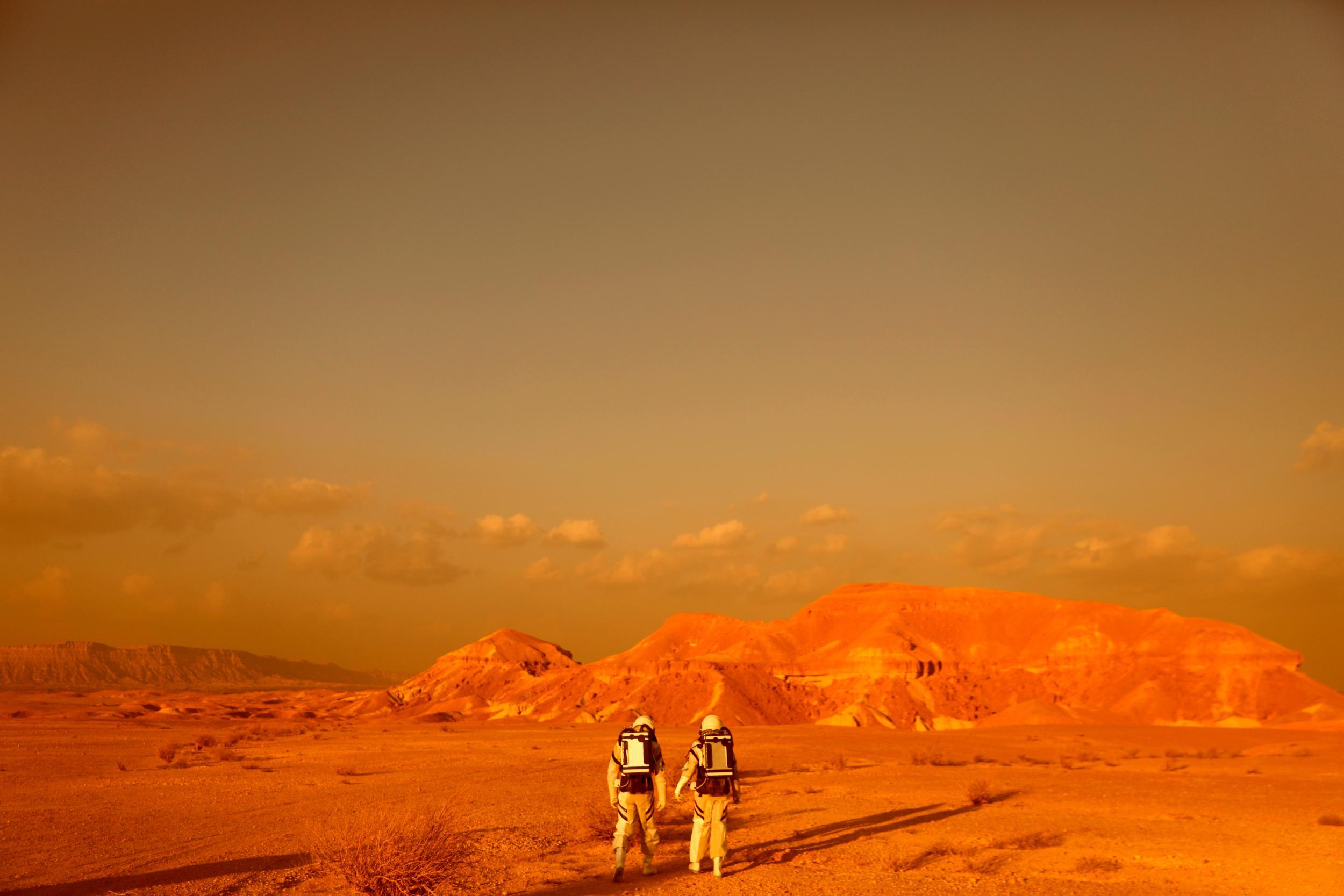Mission to Mars to launch in a decade as first step towards meeting aliens, says SpaceX president
SpaceX hopes to transform humanity into a multi-planetary species
Elon Musk’s rocket startup SpaceX will launch manned missions to Mars within the next decade, the company’s president has said.
Speaking at the TED conference in Vancouver on Wednesday, Gwynne Shotwell said SpaceX will send humans to Mars in order to make humanity a multi-planetary species and push forward the search for alien life.
“This is the first step to us moving to other solar systems and potentially other galaxies,” Ms Shotwell said. “Fundamentally you go to other places to explore. That’s what makes humans different from animals.
“This is the only time I out-vision Elon: I want to meet people, or whatever they call themselves, in another solar system.”
When built, the rocket needed for the Mars mission - the Big Falcon Rocket (BFR) - will have a “residual capacity” of also improving Earth-based transportation.
According to Ms Shotwell, the BFR will be capable of carrying around 100 passengers at speeds much faster than current aircraft. Flying from the US to China, for example, would only take around 30 to 40 minutes.
“I’m personally invested in this one because I travel a lot, and I do not like to travel,” Shotwell said. “I would love to get to see my customers in Riyadh, leave in the morning and be back in time to make dinner.”
Mr Musk has frequently expressed his ambition to send people to Mars in order to form a colony that would help sustain humanity in the event of a species-ending event, such as the emergence of advanced artificial intelligence.
Such technology represents “our biggest existential threat,” Mr Musk said in 2014, adding that its development was similar to “summoning the demon.”
While a human colony on the Red Planet might offer some safeguards for the future of humanity, Mr Musk says the first people to take part in Mars missions would most likely be risking their own lives.
“It kind of reads like Shackleton’s ad for Antarctic explorers,” Musk told the crowd at the SXSW festival last month. “Difficult, dangerous, good chance you’ll die. Excitement for those who survive.”

Mr Musk’s timeline for beginning manned missions to Mars to set up a potentially species-saving colony is more ambitious than that of Ms Shotwell’s predictions.
Last year, the billionaire polymath said he believed the first cargo mission to Mars would be possible in 2022, with the first manned mission following just two years after.
The SpaceX founder does not always meet his enthusiastic deadlines, having struggled in the past to meet production goals with one of his other companies - electric car maker Tesla.
Ms Shotwell referred to the wild timelines set by Mr Musk as “Elon time,” but said that the latest projections for achieving manned missions to Mars were from her own calculations.
“That’s my time,” she said. “Not Elon time.”
Join our commenting forum
Join thought-provoking conversations, follow other Independent readers and see their replies
Comments
Bookmark popover
Removed from bookmarks